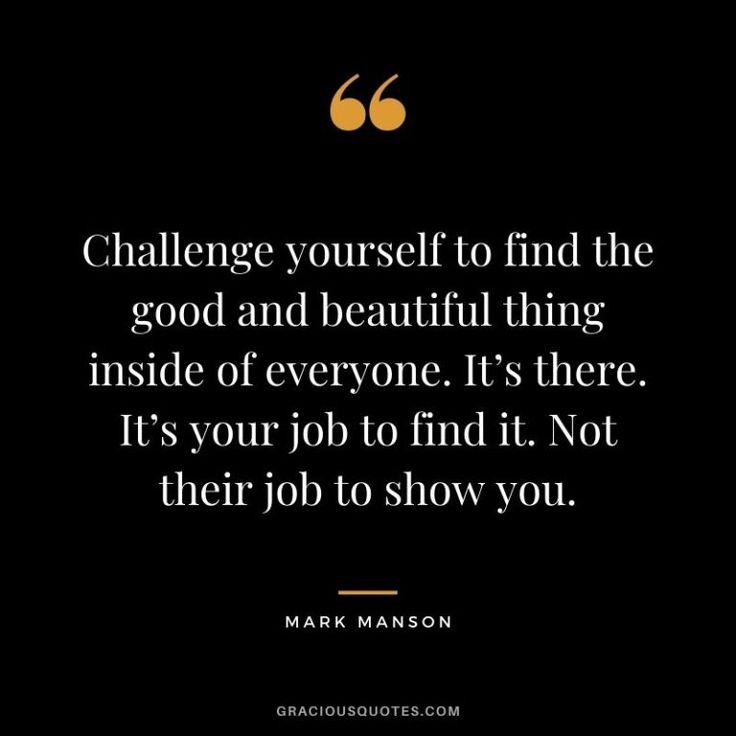Finding people to model your finances after is an elusive endeavor. It’s not an engaging topic of dinner conversation nor is it readily discussed over coffee or drinks. Money can be deceptively hidden or conspicuously out for show. We will never get the full story.
I searched far and wide and the Internet told me how important it is to have financial role models and how to be a good one just not where to actually find them. A few suggested banks, celebrities and athletes, with mixed reviews on your parents. I asked Claude.ai who gave me Warren Buffett, fair enough. Then I asked ChatGPT search who gave me Warren Buffett, Dave Ramsey, Ramit Sethi, Suze Orman, John Bogle, Elizabeth Warren, Melanie Perkins and Chris Hogan, an interesting mix to say the least. But not one person who you encounter in real life (IRL).
Your finances, how you earn, spend, save and invest, tolerance for risk, are all very personal and may differ immensely from someone else. There are nuances to each. How do you find out what other people really think about their money, what they obsess over, what they ignore, what they don’t really know and wish they did, what do others do that you aren’t?
Here’s the best I came up with.
Celebrities, Athletes, Politicians and the Government – They can push a lot of hype but also push through a level of money that you will never have. If you continually strive to model the Lifestyles of the Rich and Famous, the comparison gap will rule making you always feel inadequate blinding you from opportunities that could’ve been worthwhile.
Parents – Growing up we didn’t realize the effect our parents had on us until at some point we did, good and bad. The culture, beliefs and habits they carried on from their parents and ones they developed themselves instilled a starting point for us to carry those on and develop our own. Money may or may not have been directly discussed but you knew where and how it was spent and how to earn some of it for yourself to buy your own things. If you couldn’t accept your situation and figure out how to make the most of the cards you were dealt, you would continue to wish for different circumstances and never develop your own beliefs and habits.
Spouse – Spouses bring their own culture, beliefs, habits with different perspectives but can also offer accountability. My husband is more skeptical on certain things but more trusting on others. Where I am optimistic on most things but less trusting on stale opportunities and unvetted people. Trust but verify. We balance each other out. It’s how we keep each other in check and got to where we are. Having a spouse share managing your finances, you can become each other’s financial role model in the areas you do best.
Friends, other family – This is more of a guarded relationship where you will know some of the intricacies of your friend’s and extended family’s finances giving you a greater sense of what they portray is true or not. You may have close, successful friends or be lucky to have a financially astute uncle or aunt who willing share what they do giving you another perspective and other things to consider.
Colleagues, managers, people who you work with daily – I have to admit that I when I first saw the abbreviation WFH I automatically thought WTF where you just read the first letter and skim the rest. Not that I don’t see the benefit for this in some professions where it does work, but in most, face-to-face mentoring and interaction is crucial and at least a hybrid model is necessary. The one thing I miss most from working in an office was the people I worked with. I learned a lot from them.
You chat with them in the morning when you get in, work together on a project, go to lunch where you catch up or say goodbye or have a good night before you leave. Often times, it’s more than a good morning or good night. You ask how their weekend was or what they plan to do for the upcoming one which leads to a more personal interaction of things shared. These casual conversations build a connection and trust.
You can’t replicate the depth of that connection on Zoom or a phone call. In person interactions solidify the connection, confirming who they are in real life, making them all the more significant. For those who work exclusively from home, it’s more challenging to find people outside your network of family and friends to build that type of connection with. You have to seek out other in-person activities with people in your community or neighborhood.
Financial professionals – we did have a Financial Advisor for many years who helped us learn about the investing world we knew little of and rolled over 401(k)s to IRAs as we transitioned jobs. At first it was face-to-face meetings, but as we moved it became phone calls. We only parted ways because I took this on full-time and the advisory firms he was transitioning from and to both had insufficient security protocols. Gone are the days of the obligatory once-a-year phone call and selling high-fee investments products. The industry is changing by those who know they must do better, but that is a subject for another time.
Online – Financial Mentor was the vision I had for my website, but the URL was already taken. A name or title is just that. It doesn’t reveal who the people are behind their websites, blogs, podcasts, forums along with books they have written. You have to corroborate who they are. They are genuine if they share personal, lived experiences, how they think, what they feel consistently. You can learn a lot from people who audaciously put themselves out there who can make you think and consider different perspectives. A type of “virtual” connection is formed with their readers or viewers who relate to what they write or say. However, there is always the risk that they aren’t who they portray to be IRL. It’s what you don’t see that makes trusting this type of connection precarious.
Authenticity is expected. Finding intellectual honesty is increasingly rare. To avoid the precarious, seek out people with honorable character who continue to learn and develop themselves in meaningful ways giving far more than they take. They do what they say, or at least attempt to embracing the failures, which gives them far greater credibility than any highly credentialed, prominent person who vaunts things they’ve never done and appears to never be wrong all for the sake of themselves or money.
In a world connected as we are, you can learn something from everyone. They may not be wealthy, have a distinguished education, credentials, pedigree or followers but if you look deep enough, there is an element of knowledge or wisdom that can be gained if you allow yourself to find it. My mom never went to college or invested but she’s amazing at managing money, getting the most return for the income my parents had and showing her parents how to start and run a business. I remember my grandma with a combined 7th/8th grade education, acquired CD’s and lived off the outrageously high interest of the 1980’s.
Financial role models aren’t going to be just one person. It’s discovering those pieces of treasure sometimes hidden within the many people you encounter throughout your life. By accumulating these gems into your cache of wisdom, it will have the same compounding effect as interest if you keep adding and referring to it.
Instead of making resolutions for the new year, ask yourself these questions and see where it leads you.
Which of my current views would I disagree with if I were born in a different country or generation?
What do I desperately want to be true, so much that I think it’s true when it’s clearly not?
What haven’t I experienced firsthand that leaves me naive to how something works?
Who has the right answers but I ignore because they’re not articulate?
What crazy genius that I aspire to emulate is actually just crazy?
How do I know if I’m being patient (a skill) or stubborn (a flaw)?
What do I think is true but is actually just good marketing?
Am I prepared to handle risks I can’t even envision?
Who do I think is smart but is actually full of it?
Who do I look up to that is secretly miserable?
-Morgan Housel, Same as Ever


